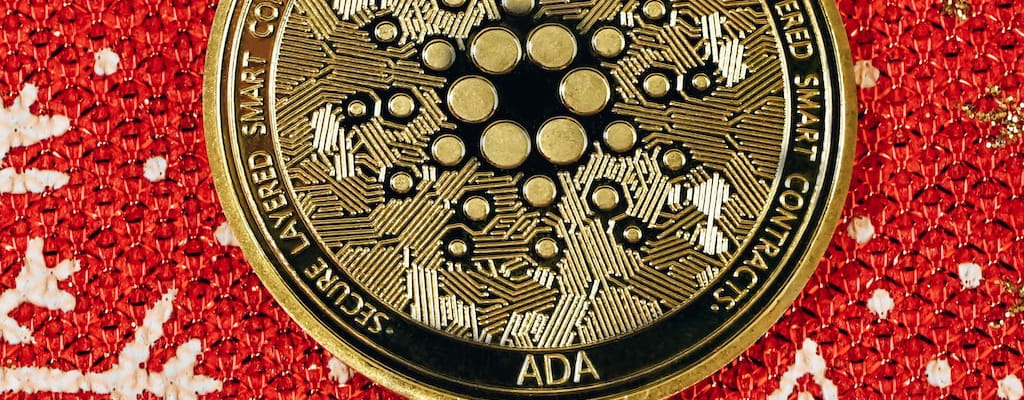penny wise and pound foolish: Idiom Meaning and Origin
What does ‘penny wise and pound foolish’ mean?
The idiom "penny wise and pound foolish" means being frugal with small expenses while being wasteful with larger ones.

Idiom Explorer
An idiom is a phrase that does not have a literal meaning. The idiom "save" means to keep money or resources for future use, or to rescue someone or something from danger or harm.
The idiom "pretty penny" means a significant or large amount of money. It is often used to emphasize the high cost or value of something.
The idiom "play with house money" means to take risks or make decisions without worrying about losing, as if using someone else's money in a casino.
The idiom "piss money up the wall" means to waste money in a careless or reckless manner, usually on unnecessary or frivolous things.
The idiom "piss away" means to waste or squander something, especially money, in a careless or reckless manner.
The idiom "pin money" refers to a small amount of extra money that is earned for personal use or personal expenses.
The idiom "penny for your thoughts" is a way to ask someone what they are thinking or feeling, usually when they appear to be lost in thought or deep in contemplation.
Hidden Folly: A Costly Paradox
The idiom "penny wise and pound foolish" has its origins in the United Kingdom and has been in use since the 17th century. It is derived from the British currency, where a penny is a small denomination and a pound is a larger one. The idiom is often used to describe someone who is careful or stingy with small expenses (penny wise), but careless or wasteful with larger expenses (pound foolish).
The phrase highlights the concept of short-sightedness when it comes to financial decisions. Being penny wise, or overly concerned with saving small amounts of money, can often lead to making poor decisions that end up costing more in the long run. This is especially true when someone focuses on saving pennies but fails to consider the potential consequences or expenses associated with their choices.
Several examples can be given to illustrate the meaning of this idiom. For instance, an individual may choose to purchase a cheaper, low-quality product in order to save a few dollars, but end up having to replace it frequently due to its poor quality, ultimately spending more money in the long term. Similarly, a person may refuse to invest in a necessary repair or maintenance for their home or car to save money in the short term, only to face more significant and expensive issues down the line.
The idiom "penny wise and pound foolish" serves as a cautionary reminder against making decisions solely based on immediate financial gains without considering the potential long-term ramifications. It advises individuals to take a more comprehensive approach when evaluating the cost and benefits of their choices, considering not just the immediate savings but also the potential larger costs or losses that may arise.
Understanding the meaning of this idiom is particularly relevant in the context of personal finance and prudent decision-making. It reminds individuals to adopt a more holistic view and consider the larger picture when evaluating financial choices, instead of focusing solely on small cost-saving measures. By doing so, one can avoid the pitfalls of being penny wise and pound foolish and make more informed and responsible decisions that lead to better financial outcomes.
One related idiom that comes to mind is "pennies on the dollar." This phrase refers to something being bought at a significantly reduced price. While it may seem like a smart financial move to buy something for a fraction of its original cost, it is important to consider the quality and long-term value. Just as being penny wise and pound foolish warns against focusing solely on saving small amounts of money, "pennies on the dollar" cautions against prioritizing a cheap price over the overall value and durability of a purchase.
Another related idiom is "pretty penny." This expression describes something that is expensive or costs a significant amount of money. It serves as a reminder that being too focused on saving small amounts of money can end up being counterproductive if it means missing out on valuable experiences or opportunities. Sometimes, spending a "pretty penny" on something of high quality or importance can be a wise investment that brings long-term satisfaction and benefits.
The idiom "pin money" is also connected to the concept of being penny wise and pound foolish. Historically, "pin money" referred to a small amount of money that a woman would receive to spend on personal expenses. While it may seem like a trivial amount, the idiom warns against undervaluing the importance of managing even small amounts of money wisely. Making poor financial choices with pin money can lead to a precedent of being careless with larger amounts of money, reinforcing the concept of being penny wise and pound foolish.
The final related idiom is "nickel-and-dime." This phrase describes a situation where small, insignificant expenses add up to a significant amount of money. Similar to being penny wise and pound foolish, "nickel-and-dime" emphasizes the importance of recognizing the cumulative impact of small spending habits. By being mindful of how even seemingly inconsequential expenses can add up over time, individuals can avoid falling into the trap of being penny wise with small amounts of money while being pound foolish with the larger financial picture.
While the idiom "penny wise and pound foolish" itself is well-established and widely used, it continues to offer a rich source of interpretation and analysis. The idiom's enduring popularity speaks to its resonance and usefulness in conveying an important life lesson. Further exploration of the idiom's usage in literature, media, and everyday conversations can provide deeper insights into its cultural significance and offer new perspectives on the concept of financial prudence. Thus, the idiom and its related idioms serve as a constant reminder of the complexity of human behavior and the ongoing quest for wise decision-making.
Example usage
1. He always buys cheap and low-quality products, thinking he is saving money, but in the long run, he ends up spending a lot more on repairs and replacements. He is definitely penny wise and pound foolish.
2. The company decided to cut corners on their product's safety testing to save money. However, when a major accident occurred, they had to pay hefty fines and compensations. Their decision proved to be penny wise and pound foolish.
3. Sarah refused to invest in professional development courses because she thought they were too expensive. As a result, she fell behind her colleagues and missed out on promotions and higher salary opportunities. Her decision was penny wise and pound foolish.
More "Finance" idioms



